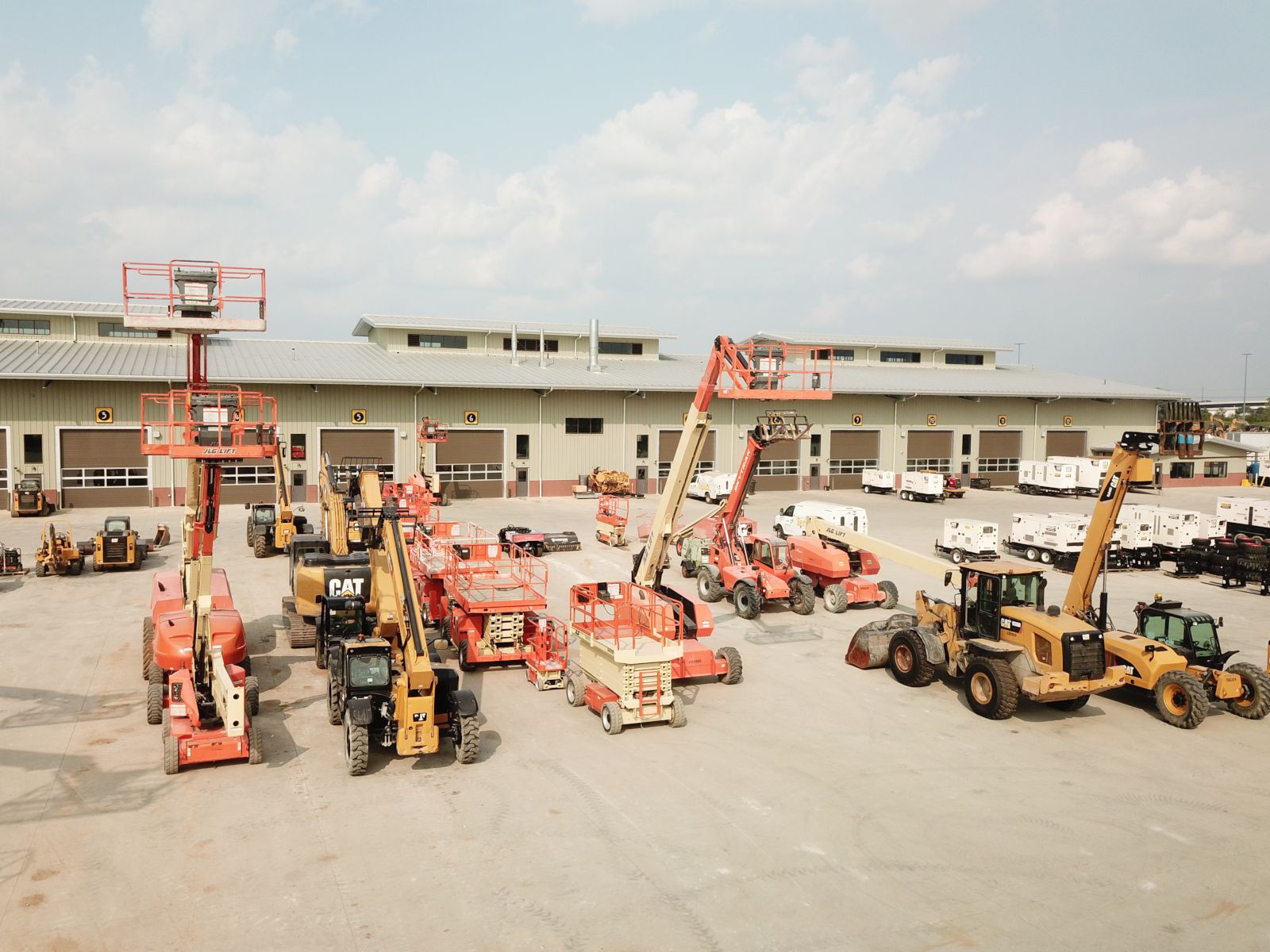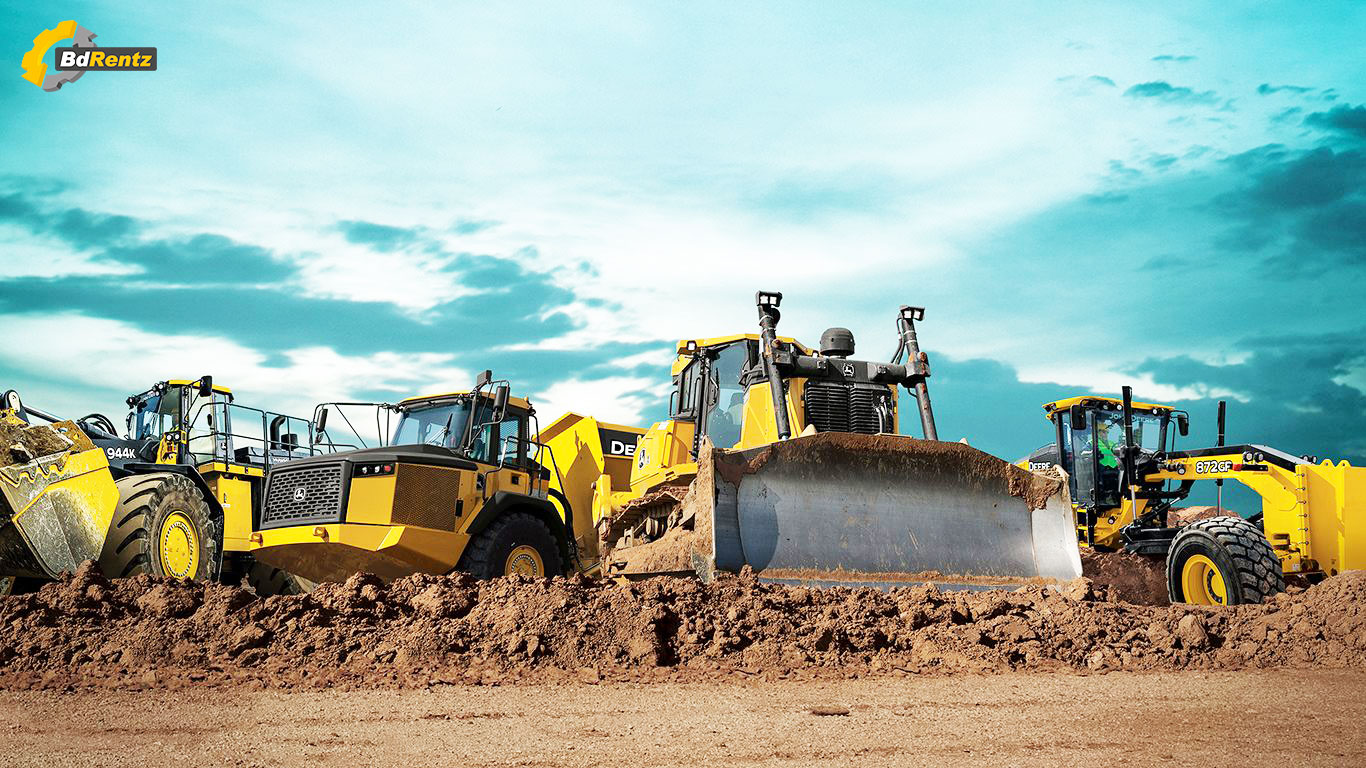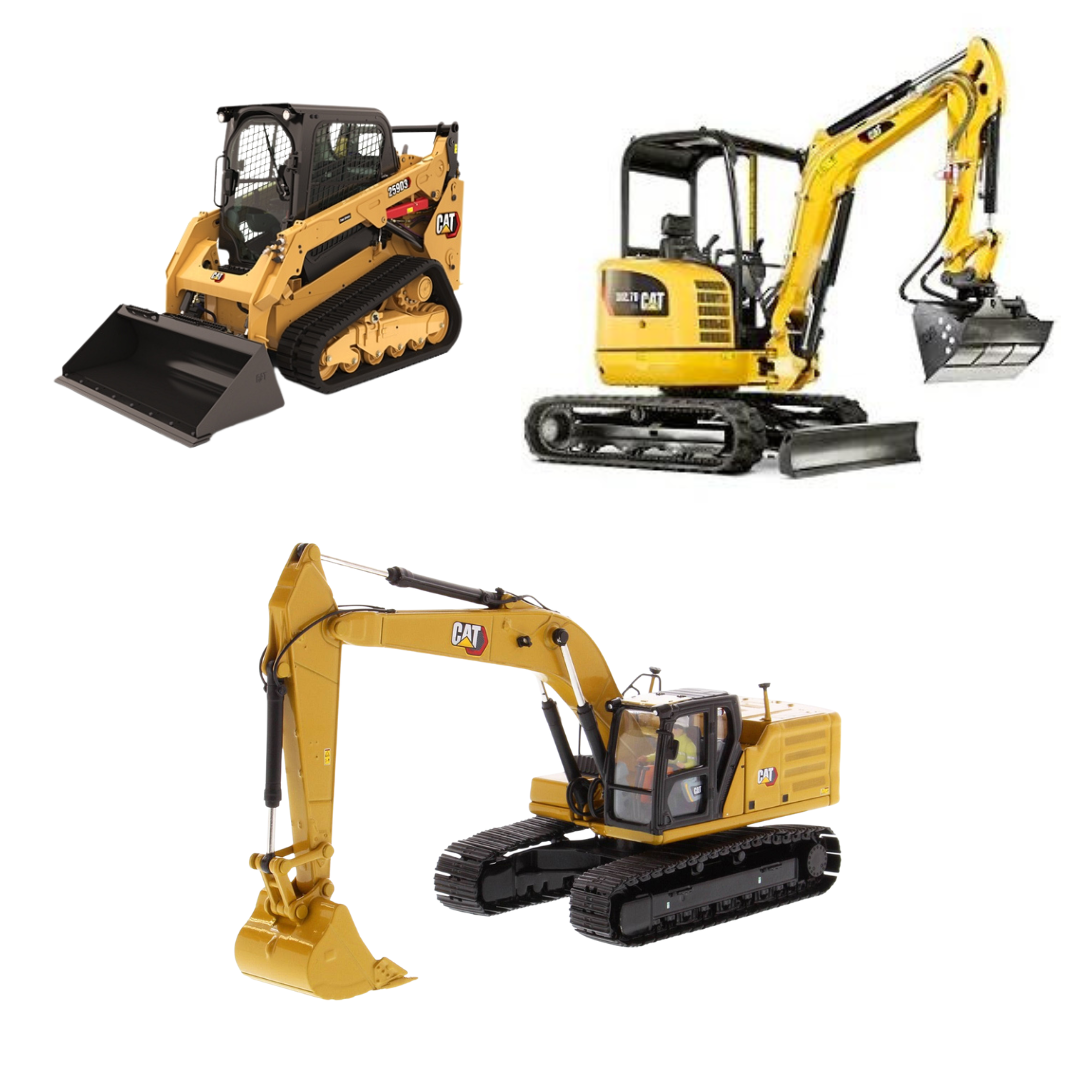Maximize Your Budget by Understanding the Costs Associated With Building Devices Leasings
Recognizing the complete range of costs associated with building equipment rentals is essential for maximizing your spending plan. While the first rental charge may appear uncomplicated, many extra costs-- such as transportation, gas surcharges, and upkeep-- can quickly gather, influencing your financial planning. Moreover, knowing numerous fees and the complexities of rental arrangements can assist stay clear of unanticipated economic problems. What methods can be utilized to efficiently take care of these expenses and guarantee a much more effective rental experience?
Overview of Rental Costs
When taking into consideration building equipment services, comprehending the associated expenses is paramount for reliable budgeting and project preparation. Rental expenses can differ substantially based on a number of factors, consisting of equipment type, period of leasing, and area. The preliminary rental cost commonly reflects the devices's market need and its connected functional capabilities, affecting the overall expenditure.
In addition to the base rental price, ancillary expenses may develop, such as transportation costs, fuel surcharges, and upkeep fees. It is vital to account for these extra expenses to precisely evaluate the complete expense of renting out devices. In addition, the rental period can impact rates; longer rentals may get approved for discounted rates, while temporary services might incur greater day-to-day charges.

Breakdown of Rental Prices
A comprehensive understanding of rental prices is crucial for contractors and task supervisors intending to enhance their budget plans. Rental rates for construction equipment typically are composed of numerous elements, including base rates, time-based charges, and use costs.
Base prices are the core fees related to the leasing of the equipment, often determined by the kind and dimension of the equipment. These rates can vary significantly, affected by variables such as tools need, accessibility, and regional market trends. Time-based charges, which might be daily, weekly, or monthly, serve to fit various project timelines and rental durations.
In addition, rental prices might include usage charges, which apply when tools is made use of past a defined threshold, making sure that the rental business can represent deterioration. Seasonal demand fluctuations can likewise affect rental prices, with peak construction periods typically commanding higher costs.
Additionally, comprehending the rental firm's policies concerning upkeep and insurance policy can provide additional insight into the overall expense structure. By assessing these components, contractors can make educated choices, ensuring the choice of rental equipment lines up with both project demands and spending plan constraints.
Extra Costs to Consider
Understanding the details of additional fees is important for specialists to manage their total leasing expenses properly. Past the standard rental prices, different auxiliary costs can dramatically influence the complete price of devices leasing. These charges usually include shipment and pick-up costs, which can differ based upon range and logistics entailed in transferring the devices to and from the task site.
Furthermore, some rental companies may enforce gas additional charges if the equipment is returned with much less gas than when rented out. It Extra resources is additionally essential to recognize possible cleaning costs, particularly for specific devices that requires extensive upkeep after use.

Thoroughly reviewing the rental agreement and making clear these extra costs upfront can help professionals guarantee and avoid unforeseen prices that budgets remain intact throughout the job lifecycle.
Repair And Maintenance Expenses
Normal upkeep and repair expenditures are often neglected variables that can dramatically affect the general cost of building and construction tools rentals. When renting equipment, it is critical to take into consideration not only the rental charges yet also the prospective costs related to maintaining the equipment in optimum operating problem.
Several rental companies consist of basic maintenance as component of the rental contract; nevertheless, more considerable fixings or unanticipated failures can lead to extra expenditures. It's vital to review the rental contract meticulously to recognize what upkeep solutions are covered and what duties fall tractor loader backhoe for sale on the tenant.
In addition, equipment that is not properly maintained can result in inadequacies at work website, potentially enhancing and causing delays project prices. To alleviate these risks, it is suggested to perform routine examinations and keep open interaction with the rental copyright concerning any issues that arise throughout use.
Insurance and Liability Prices
Insurance and obligation prices are essential components that can considerably influence the total cost of building devices services (forklift rental). These expenses make certain that both the rental business and the customer are secured from possible monetary losses emerging from accidents, damages, or burglary throughout the rental period

In addition, clients need to understand any type of deductibles or exclusions in the insurance plan, as these can affect potential out-of-pocket costs. Understanding the terms and problems of any type of insurance policy coverage is essential to avoid unanticipated expenses. Ultimately, budgeting for insurance policy and obligation expenses can aid make certain a smoother rental experience and secure against monetary threats connected with construction tasks.
Final Thought
To conclude, a thorough understanding of the expenses connected with building and construction tools leasings is necessary for effective budget administration. By evaluating rental rates, extra fees, upkeep costs, and insurance policy companies, people and needs can lessen unexpected expenditures. This critical approach not only improves cost-effectiveness yet also guarantees that jobs advance efficiently and successfully. Inevitably, informed decision-making concerning devices leasings adds to the overall success of construction endeavors.
Rental costs can differ significantly based on numerous aspects, including tools type, duration of service, and area (forklift rental). The rental duration can affect pricing; longer services may certify for discounted prices, while short-term services may incur greater everyday charges
By performing detailed research study and involving with reliable rental firms, professionals can properly navigate the intricacies of rental prices, ultimately optimizing their financial sources.
Past the common rental rates, numerous supplemental charges can dramatically affect the total price of equipment service. Rental business typically offer obligation insurance that covers injuries to 3rd celebrations or damage to residential or commercial property, while equipment damage insurance can cover the expense of repair work or substitute if the rented out equipment is harmed.